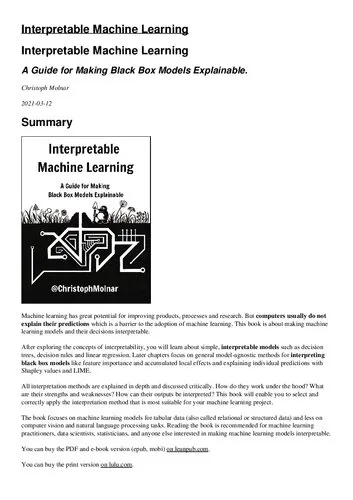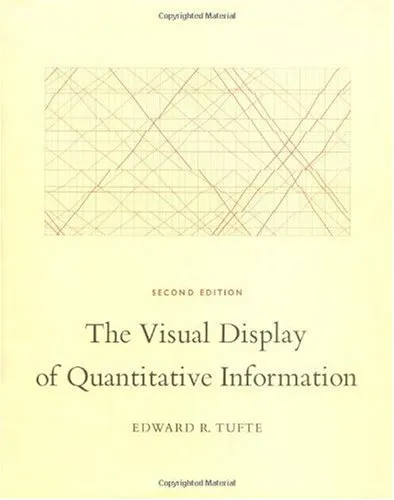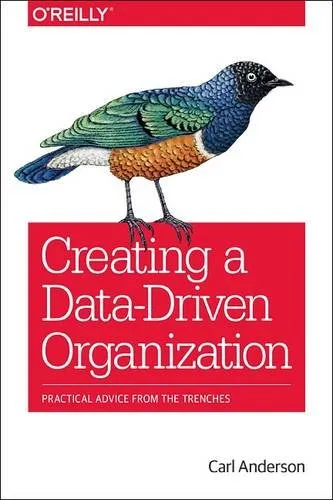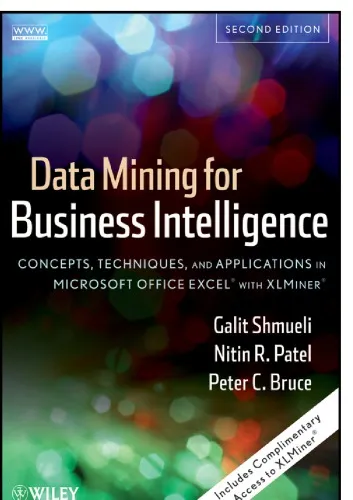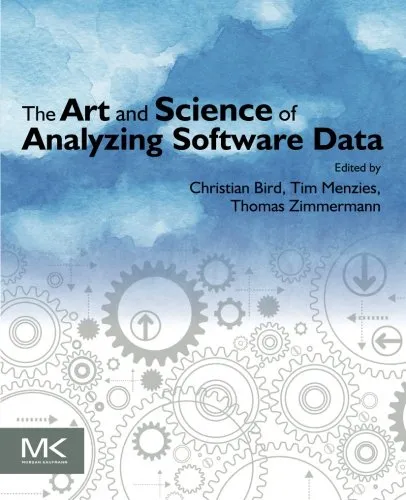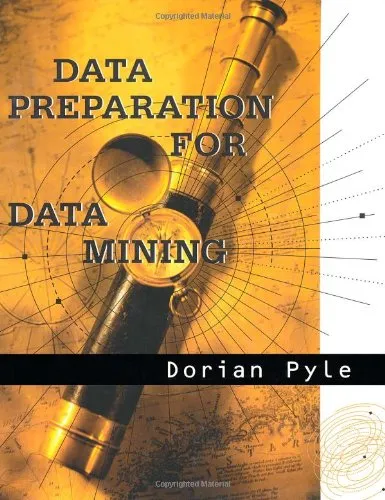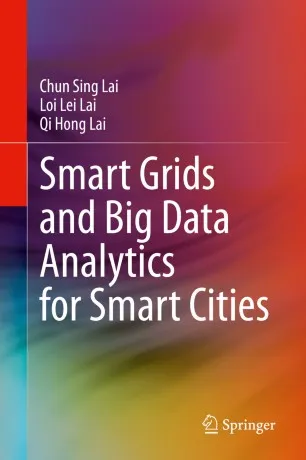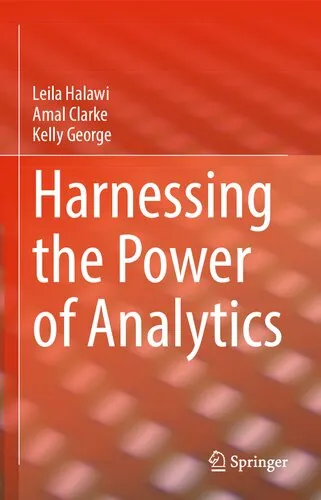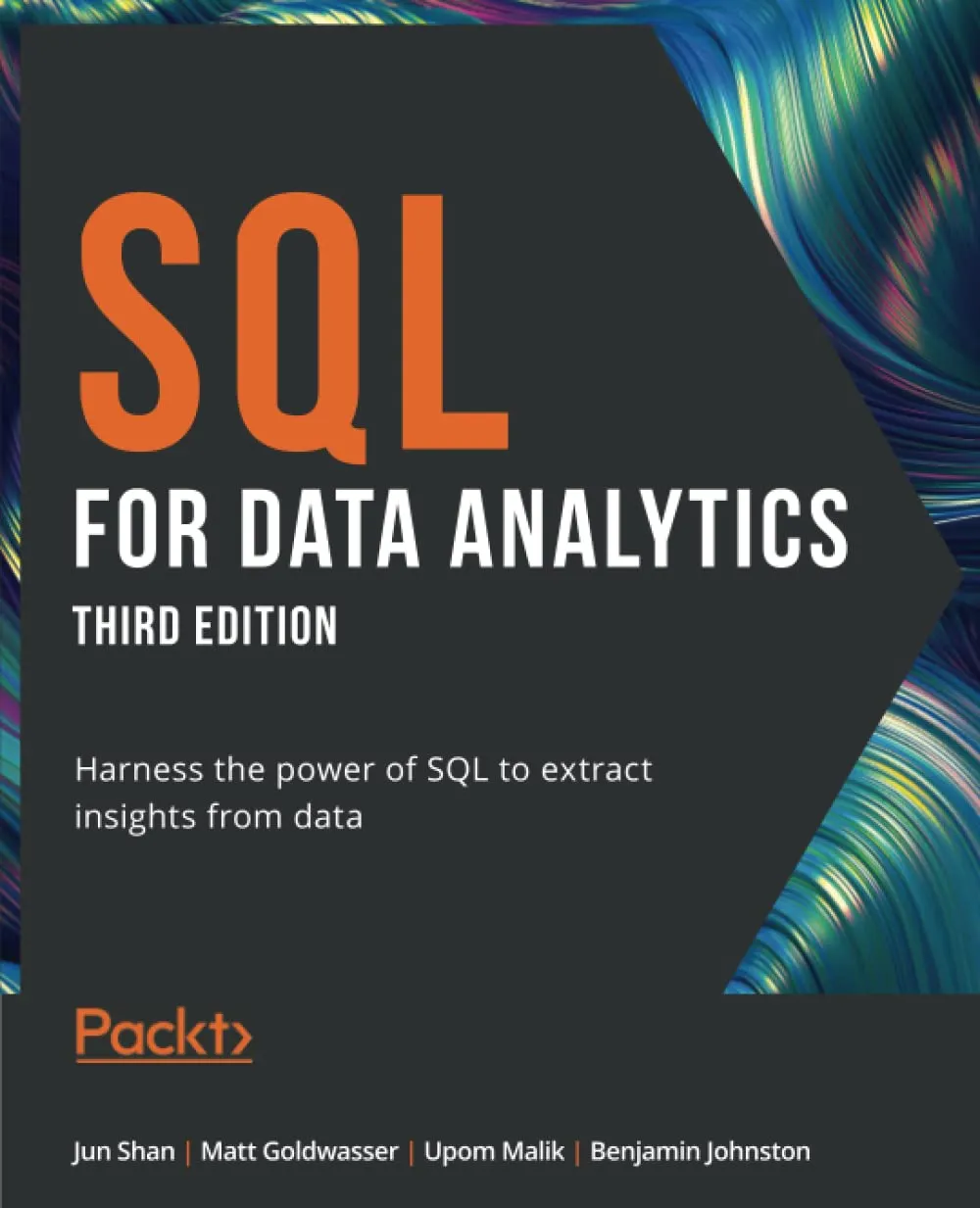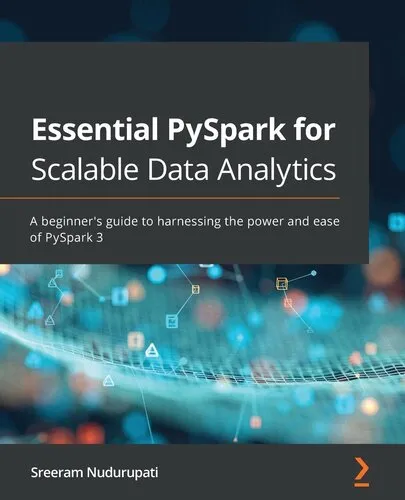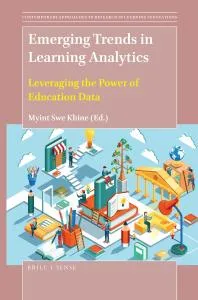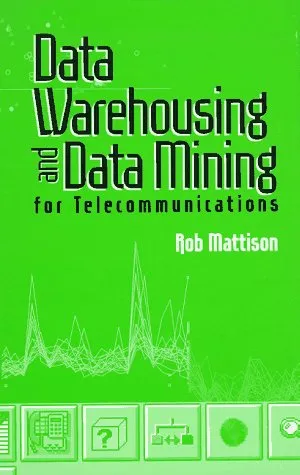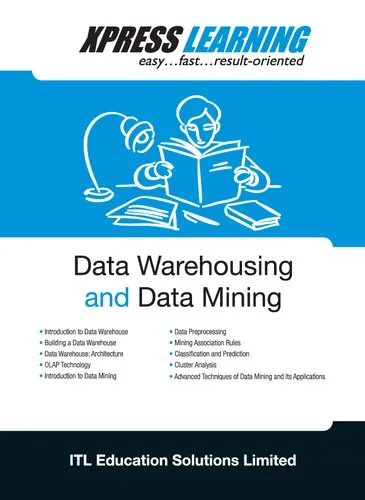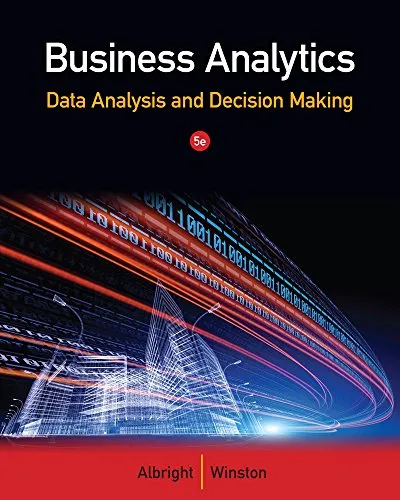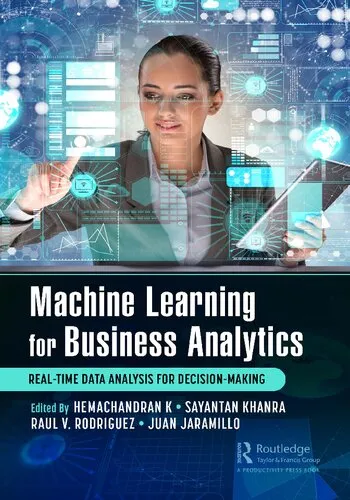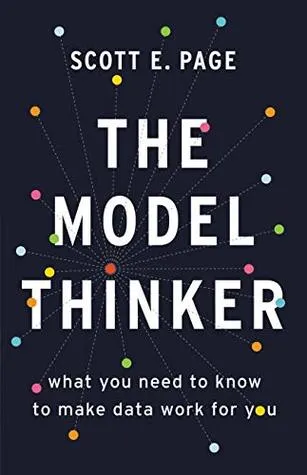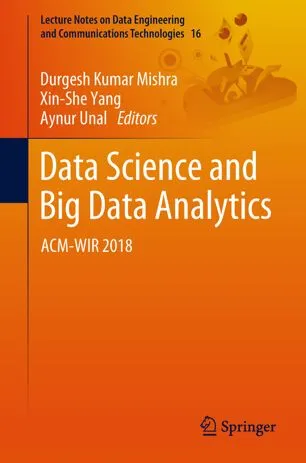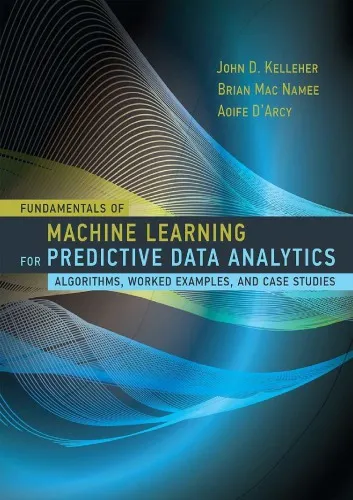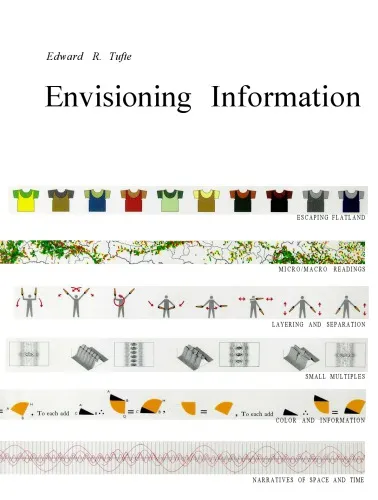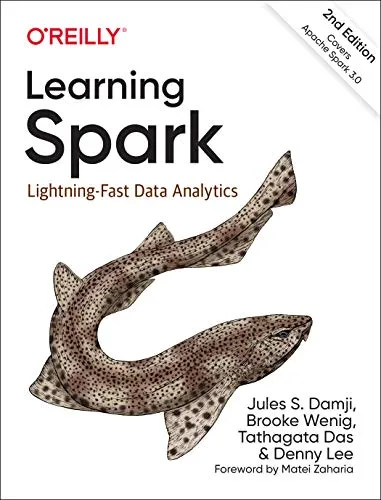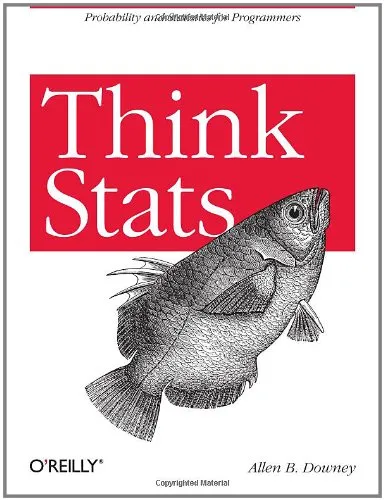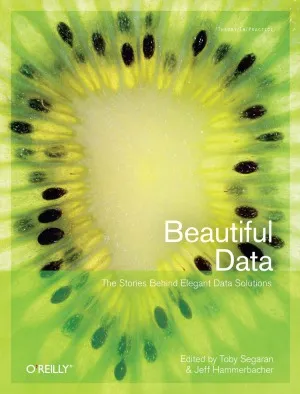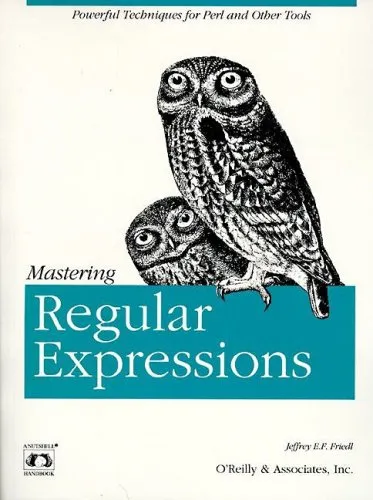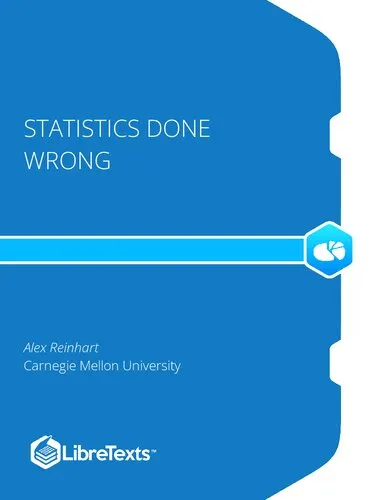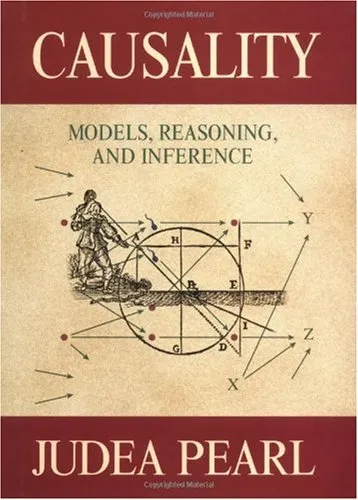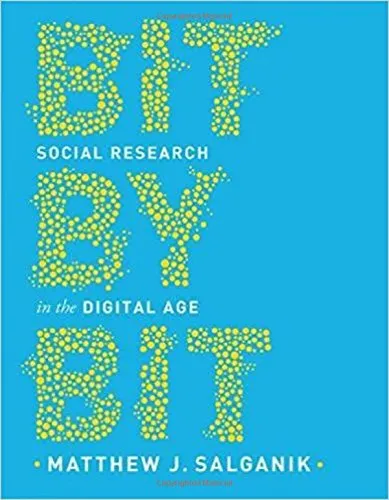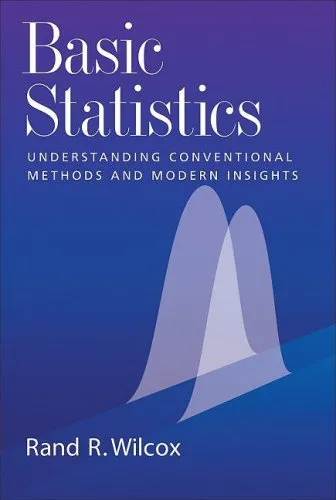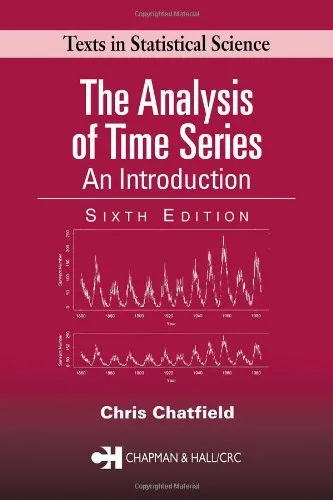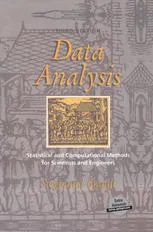Interpretable Machine Learning
4.7
Reviews from our users

You Can Ask your questions from this book's AI after Login
Each download or ask from book AI costs 2 points. To earn more free points, please visit the Points Guide Page and complete some valuable actions.Related Refrences:
Introduction to "Interpretable Machine Learning"
In the world of artificial intelligence and machine learning, the pursuit of accuracy and predictive performance often eclipses the critical need for understanding. Interpretable Machine Learning (IML) represents a guiding light in this opaque landscape, offering insights and explanations where traditional machine learning algorithms often leave us in the dark. This book, "Interpretable Machine Learning," addresses the intricate balance between interpretability and predictive power, providing readers with an in-depth understanding of the tools, techniques, and philosophies that enable transparent and trustworthy decision-making in machine learning.
Written with both clarity and technical depth, the book explores the why, what, and how of interpretable machine learning techniques. It blends theoretical foundations with practical applications, making it accessible to machine learning practitioners, researchers, and decision-makers who want to understand the models driving their operations. This book bridges the gap between raw data, algorithms, and human understanding, underscoring why interpretability is critical in developing fair, accountable, and ethical AI systems.
Detailed Summary of the Book
The book starts by addressing a fundamental question: Why does interpretability matter in machine learning? Machine learning models have become increasingly complex, and with that complexity comes a lack of transparency. When algorithms make decisions that impact people's lives—like approving loans, diagnosing diseases, or moderating online content—stakeholders need to understand the logic behind those decisions. This book methodically outlines the importance of interpretability as a safeguard against biases, ethical breaches, and operational risks.
As the chapters unfold, readers are introduced to various interpretability methods. These range from model-agnostic techniques, such as SHAP (Shapley Values) and LIME (Local Interpretable Model-Agnostic Explanations), to model-specific approaches for decision trees, linear models, and neural networks. Each technique is described in detail, with real-world examples provided to ensure practical understanding. Chapters also include discussions on trade-offs—such as the loss of accuracy when prioritizing simplicity—and emphasize how to achieve a balance between these competing objectives.
The book closes with advanced considerations, such as the role of fairness, accountability, and ethical decision-making in machine learning. It also looks ahead to the future of interpretable machine learning, raising questions about how interpretability will evolve alongside ever-growing algorithmic complexity.
Key Takeaways
- Interpretable machine learning is essential for creating machine learning systems that are fair, accountable, and transparent.
- Understanding the trade-offs between model complexity and interpretability is key to building trustworthy AI systems.
- Tools like SHAP, LIME, and Feature Importance provide practical ways to make opaque models more explainable.
- Interpretable models are not only about technical understanding but also about aligning machine learning outcomes with ethics and societal expectations.
Famous Quotes from the Book
"A model that no one understands is not only useless but potentially dangerous in high-stakes situations."
"Interpretability is not merely a feature of a machine learning system—it is a requirement for its responsible use."
"Interpretable machine learning is not about sacrificing accuracy; it's about building trust and ensuring accountability."
Why This Book Matters
In an era where machine learning algorithms permeate critical areas of our lives, understanding their decisions has become a non-negotiable requirement. This book matters because it addresses one of the defining challenges of AI—how to unveil the "black box" of machine learning models. Without interpretability, we risk deploying algorithms that perpetuate bias, amplify inequity, or operate contrary to ethical guidelines.
By providing readers with both the theoretical knowledge and practical guidance needed to interpret machine learning models, this book empowers data scientists, developers, and business leaders to build systems that inspire trust and accountability. "Interpretable Machine Learning" is particularly critical for stakeholders working in regulated industries, such as healthcare, finance, and criminal justice, where the consequences of opaque decisions can be profound.
Ultimately, "Interpretable Machine Learning" is more than just a technical manual; it is a call to action for the AI community to prioritize transparency, fairness, and human understanding in an increasingly automated world.
Free Direct Download
You Can Download this book after Login
Accessing books through legal platforms and public libraries not only supports the rights of authors and publishers but also contributes to the sustainability of reading culture. Before downloading, please take a moment to consider these options.
Find this book on other platforms:
WorldCat helps you find books in libraries worldwide.
See ratings, reviews, and discussions on Goodreads.
Find and buy rare or used books on AbeBooks.
1498
بازدید4.7
امتیاز0
نظر98%
رضایتReviews:
4.7
Based on 0 users review
Questions & Answers
Ask questions about this book or help others by answering
No questions yet. Be the first to ask!
